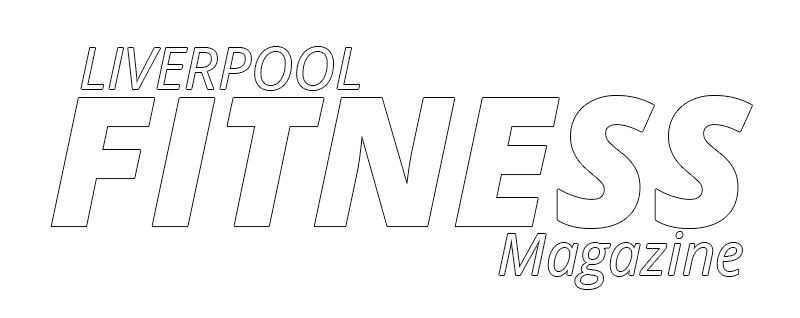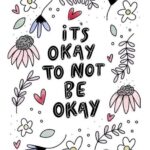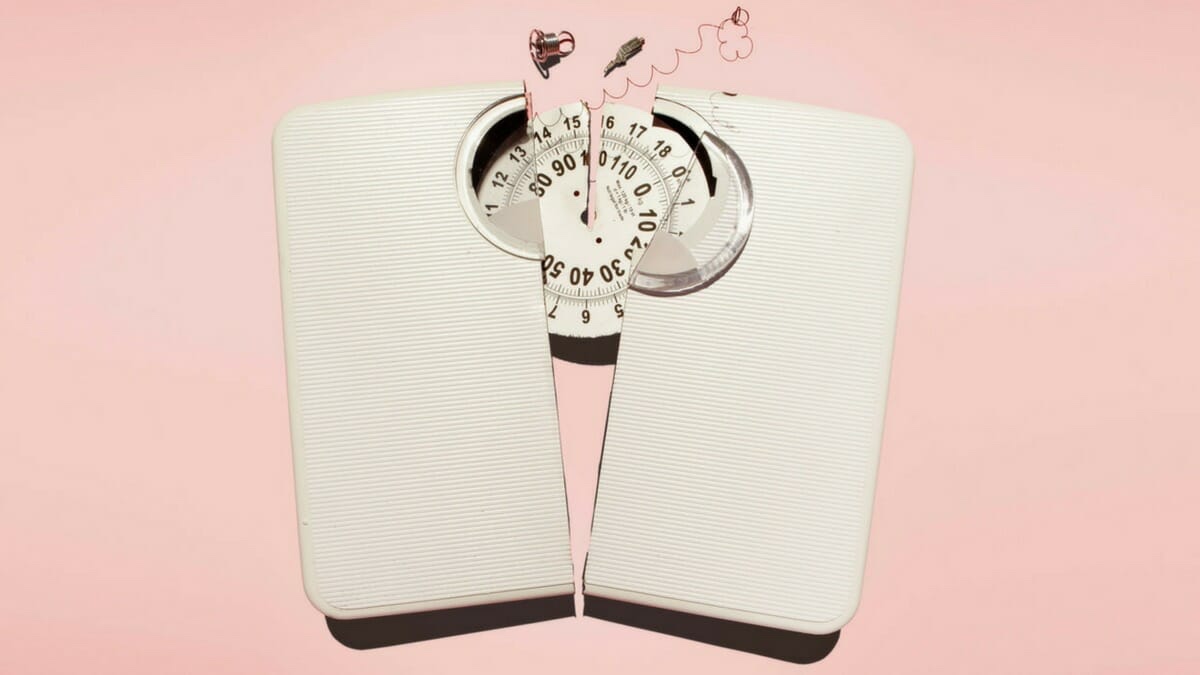Fad diets which exclude whole food groups should never really be advised. As food groups are needed by the body to provide specific nutrients which may be difficult to obtain from other food groups. A low-calorie diet is needed for weight loss. However, cutting out fat altogether is actually detrimental to our health. There are so many essential fatty acids obtained from “good fats” that cannot be met by other good groups. Good fats are needed to help manage cholesterol levels, cellular function and on a more cosmetic level are needed for healthy skin and hair.
It is healthier to cut out empty calories to aid weight loss, in the form of sugar, refined carbohydrates and alcohol.
Fad diets are notorious for leading to cravings because your body and mind miss the physical and mental effects of the food groups you have cut out. With cravings leads to binges, which not only mean the diet is unsustainable, it only leads to a bad emotional relationship with food, as a guilt feeling is developed secondary to eating.
Eating Disorders and mental health

In people with established eating disorders, fad diets may be used to disguise or in fact, validate an exclusion diet.
Eating disorders such as anorexia and bulimia are mental health conditions. People with pre-existing mental health conditions like depression and anxiety are often more at risk of developing eating disorders; however, anyone can develop an eating disorder.
Extreme dieting has profound effects on the health of your body and mind, especially when it’s over low periods. Your body needs energy, and every cell in your body needs glucose, amino acids, salts, electrolytes and a variety of vitamins and minerals. Depriving your body of these essential resources cause cells to dysfunction and your body is affected on physical, emotional and psychological levels. The longer and more extreme the deficit, the more severe and long-lasting effect on the body.
Disordered eating is a manifestation of a healthy relationship with food. You do not have to be thin by definition to have this.

How to spot the signs
The most obvious is weight loss, however it often a later sign and it is not always present especially in disordered eating cases.
Change of behaviours associated with food:
- Avoiding eating with others,
- Avoiding social events to avoid food.
- Excessive exercise
- Hiding food
- Defensive behaviour around eating or discussion of weight
- Change in mood.
- Social isolation, again potentially avoiding social interactions which involve food
- Recurrent fad dieting
Effects on health:
- Hair loss
- Poor skin ;
- Breakouts on skin, cracked skin, flare up in pre-existing skin conditions
- Splitting nails
- Periods stop in females
- Aching bones and joints
The hardest place as a friend or family member is seeing this unfold before your eyes. The second hardest part, but THE most essential part is addressing the elephant in the room. It will be tricky at first, but honesty is the best policy and is undoubtedly in the best interest of the person affected.

Dr Jane Leonard is a fully qualified GP and Cosmetic doctor, graduating from the University of Manchester. She also has a first class honours degree in anatomical sciences, in which she focused her studies on the anatomy of the face, head and neck.
She completed her aesthetic training on Harley Street following a stint at The Alfred Hospital Medical Research Centre, in Melbourne, Australia. Her work in Dermatology research has been published in the prestigious Australasian Journal of Dermatology.
Almost a decade of aesthetic treatment experience, Dr Leonard has been nominated for the Cosmetic Doctor of the Year in the prestigious Safety in Beauty Diamond Awards.















